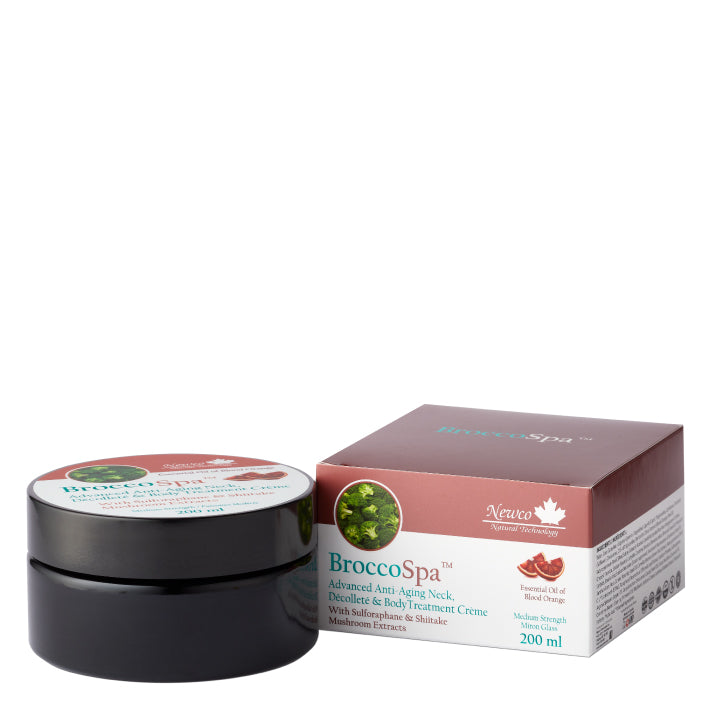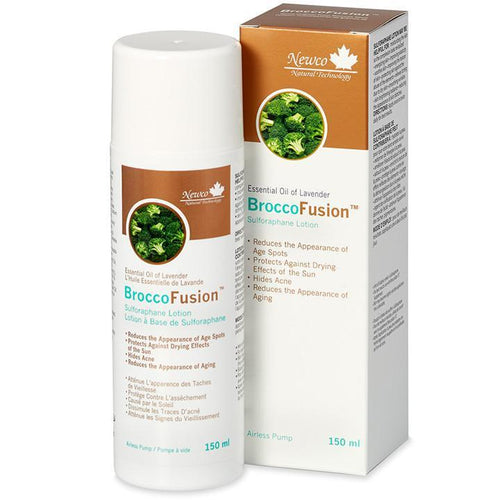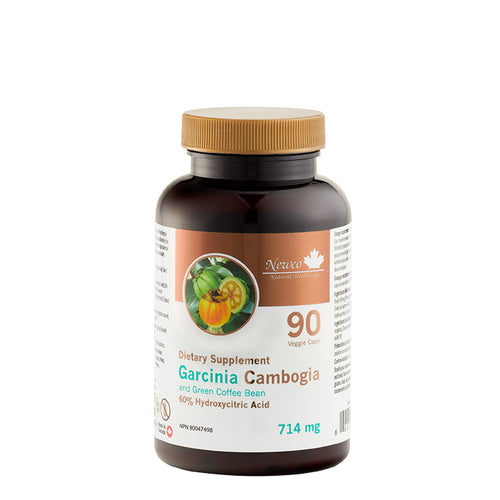If you live in an area with abundant sunshine, you are probably getting all the vitamin D you need, but if you live in an area without adequate sunlight, getting vitamin D from foods or supplements is absolutely essential. Here's what to consider when buying a Vitamin D supplement.
Dosage
While dozens of studies have shown beneficial effects of vitamin D on overall health and mortality, there’s still some controversy around the ideal dosage. In 2010, the Institute of Medicine (IOM; recently renamed as the Health and Medicine Division of The National Academies of Sciences, Engineering and Medicine) updated its recommendation to 600 IU per day for adults. However, some research suggests that’s not enough. In one study, even a daily dose of 2,000 IU failed to maintain proper blood levels. The IOM also increased its “upper level intake” to 4,000 IU per day. However, John Jacob Cannell, MD, executive director of the Vitamin D Council, suggests it’s safe to take more than 4,000 IU per day without exceeding the IOM’s NOAEL (no observed adverse effects level) of 10,000 IU.
Potency and Purity
Some research shows vitamin D potency varies widely from the amount on the label; in one study, actual vitamin D content ranged from 9 to 146% of the expected dose. Additionally, many softgels use soybean oil or corn oil – which may contain GMOs – as carriers. Look for USP-verified supplements to ensure potency, and choose softgels made with extra-virgin olive oil or organic palm oil.
Vegan-Friendly Forms
Because D3 supplements are derived from animal sources, like sheep lanolin or the skins of fatty fish, they’re not suitable for vegans. Vitamin D2, or ergocalciferol, is a vegan-friendly version, produced by exposing ergosterol – a compound found in plants, mushrooms and yeast – to UV rays. While D3 is thought to be more bioavailable, some studies show D2 is just as effective as D3 in maintaining blood levels of vitamin D, and new research recommends either D2 or D3 for treating deficiencies. Or look for a vitamin D3 from lichen and labeled vegan-friendly.
Sublingual Forms
Some studies suggest sublingual (taken under the tongue) forms of vitamin D have superior availability. When you take tablets, they have to be broken down in the gastrointestinal tract; how well they’re absorbed depends on digestive enzymes, intestinal flora and overall digestive health. Sublingual forms bypass the digestive system and are absorbed through mucous membranes in the mouth, where a rich network of capillaries delivers them to the bloodstream. In one study, sublingual absorption of vitamin D was three to 10 times higher than other forms.
Magnesium
Magnesium is crucial in maintaining vitamin D levels; it aids in the activation of vitamin D, and enzymes that metabolize vitamin D require magnesium. But because of chronic diseases, medications and the processing and refining of foods, many Americans get less than the required amount. Newer research says magnesium supplementation should be considered an important aspect of vitamin D therapy, and taking magnesium can reduce the risk of vitamin D deficiency.
Written by Lisa Turner for Clean Eating Magazine and legally licensed through the Matcha publisher network. Please direct all licensing questions to legal@getmatcha.com.





